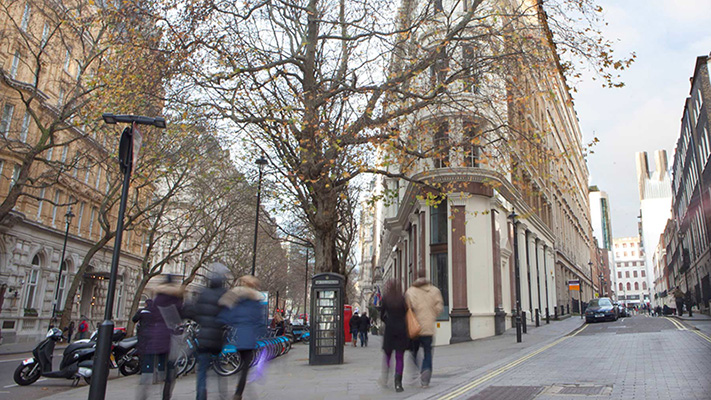
Importance of taking professional advice
Sometimes the failure of clients to take professional advice can mean paying significantly more tax than is necessary. This failure may result from not realising that there might be a different way of structuring a transaction or simply a reluctance to incur professional fees. The following cases are examples of where significant tax savings may be achieved through taking appropriate advice. Although based on situations we have encountered in practice, names and facts have been altered to preserve confidentiality:
Angus realised a substantial capital loss when he sold the shares in an engineering company which he had set up 30 years ago. Angus had a single premium bond which had however risen substantially in value over the years and following his retirement he wanted to encash this bond, but was concerned about triggering higher rate income tax by doing so. Fortunately he had subscribed a substantial amount for the shares in his engineering company and we were able to make a claim to convert the capital loss into an income loss. Not only did this avoid a higher rate income tax liability, it also secured a significant income tax refund for him. Ensuring that the income gain arose in the same tax year as the year of the loss, was crucial to a successful outcome. In this case we had a little more flexibility over timing as we were also able to make a claim that the shares had become of negligible value. A negligible value claim allows the client to specify when within the previous two years, the asset (shares in this case) is treated as having been disposed of.
Benjamin owned two flats in a house in London. One was occupied by Benjamin; the other by his daughter Letitia. Benjamin had been given 12 months to live and was about to sell the flat occupied by Letitia to raise funds. Until recently Benjamin had not had a personal accountant but when referred to us we immediately pointed out that selling the flat would trigger a capital gains tax liability of £300,000. By halting the sale and allowing the flat to be sold after death therefore saved the client £300,000. The situation could have been improved further had Benjamin consulted us years earlier when the flat could have been given to Letitia relatively free of capital gains tax. If this had been effected seven or more years before death, Inheritance tax of some £500,000 could also have been saved.
Cedric acquired a second residence in the country but without telling his accountant. Some years later after the property had risen in value by £600,000, he decided to sell it. Unfortunately all of this gain was subject to capital gains tax. Had he told us about the acquisition at the time, we would probably have advised him to elect for the country property to be his main residence, even if for a relatively short period as this would have exempted at least the last three years of ownership (this final period of deemed exemption has since 6th April 2014 been reduced to 18 months).
Depending on the facts, significant CGT savings are possible where elections are made, but an election needs to be made within two years of acquiring the second property. It should be pointed out that there are proposals to remove the ability to elect a main residence from 6th April 2015. There may therefore be only five months left to take advantage of this facility, so any clients in any doubt about this should contact us and if appropriate, we will prepare an election.
Daisy has a number of single premium life assurance bonds taken out fifteen years ago which allow withdrawals of up to 5% per annum without triggering an income tax charge. Whilst this is attractive, it is essentially a tax deferral mechanism in that there will come a point when the gains within the policies will become subject to income tax, in this case, in five years’ time. Income tax would then be due at Daisy’s marginal rate of tax which would then probably be 40% or 45%. At the moment Daisy makes significant gift-aid payments so that she has the capacity to receive further income now without taking her into higher rates of tax. We have therefore advised her to draw more than 5% from the bonds each year triggering chargeable event gains but without creating any higher rate tax liabilities. At no tax cost now this should significantly reduce the amount of higher rate tax payable in five years’ time.
Eunice a UK resident, was advised by her doctors that she had about a year to live. Without telling her accountants, Eunice gifted her Swiss portfolio to her son who lives in Switzerland and she died six months later. Unfortunately the gift of the portfolio resulted in capital gains being triggered, with a substantial capital gains tax liability payable by her estate. Had Eunice simply continued to hold the shares until her death and left them to her son in her Will, the gains would have been washed out free of capital gains tax and without any change to the total amount of Inheritance Tax payable.
The information in this article is believed to be factually correct at the time of writing and publication, but is not intended to constitute advice. No liability is accepted for any loss howsoever arising as a result of the contents of this article. Specific advice should be sought before entering into, or refraining from entering into any transaction.
